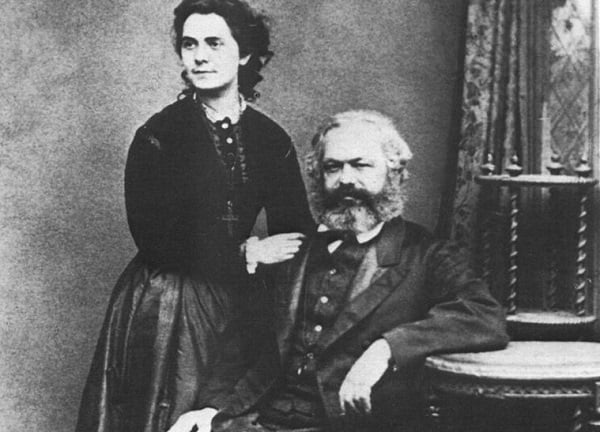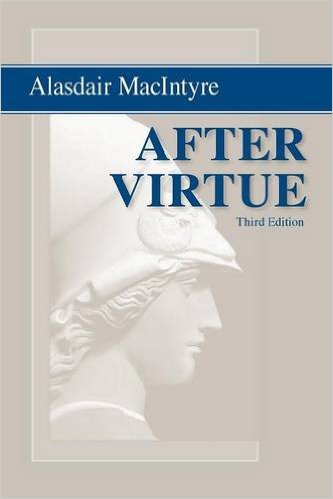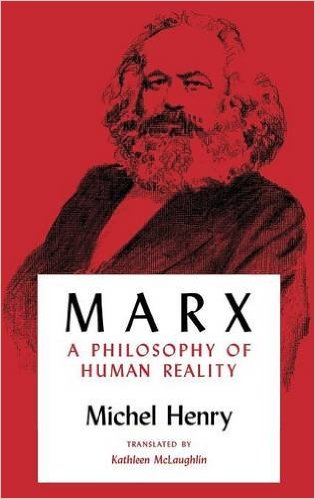
Rod Dreher has been very generous to this blog throughout the years. Cosmos has been linked on a consistent basis by him. It owes a large chunk of its audience to him.
Rod and I have had our disagreements, fallouts, and misunderstandings. We’ve managed to reconcile by the grace of God.
 I haven’t had a chance to write about his work much, because, well, I haven’t had a chance to write much recently–gainful employment does that to you.
I haven’t had a chance to write about his work much, because, well, I haven’t had a chance to write much recently–gainful employment does that to you.
However, a piece of publishing news has me thinking about Dreher’s “Benedict Option.”
Dreher’s option has its origins in After Virtue, an important book by a Catholic convert, which also happens to be the most discussed book on ethics–not just in the Christian ghetto, but also in the “secular” academe–of the last fifty years, if not longer.
Here’s Rod’s most succinct recasting of After Virtue into his Benedict Option:
The “Benedict Option” refers to Christians in the contemporary West who cease to identify the continuation of civility and moral community with the maintenance of American empire, and who therefore are keen to construct local forms of community as loci of Christian resistance against what the empire represents. Put less grandly, the Benedict Option — or “Ben Op” — is an umbrella term for Christians who accept MacIntyre’s critique of modernity, and who also recognize that forming Christians who live out Christianity according to Great Tradition requires embedding within communities and institutions dedicated to that formation.
Which is a commentary on this famous passage from After Virtue:
It is always dangerous to draw too precise parallels between one historical period and another; and among the most misleading of such parallels are those which have been drawn between our own age in Europe and North America and the epoch in which the Roman empire declined into the Dark Ages. Nonetheless certain parallels there are. A crucial turning point in that earlier history occurred when men and women of good will turned aside from the task of shoring up the Roman imperium and ceased to identify the continuation of civility and moral community with the maintenance of that imperium. What they set themselves to achieve instead often not recognizing fully what they were doing—was the construction of new forms of community within which the moral life could be sustained so that both morality and civility might survive the coming ages of barbarism and darkness. If my account of our moral condition is correct, we ought also to conclude that for some time now we too have reached that turning point. What matters at this stage is the construction of local forms of community within which civility and the intellectual and moral life can be sustained through the new dark ages which are already upon us. And if the tradition of the virtues was able to survive the horrors of the last dark ages, we are not entirely without grounds for hope. This time however the barbarians are not waiting beyond the frontiers; they have already been governing us for quite some time. And it is our lack of consciousness of this that constitutes part of our predicament. We are waiting not for a Godot, but for another—doubtless very different—St Benedict.
 I think what most gets lost is how much this has in common with aspects of Marx’s vision of a communist society and how much Marx borrowed from Christian theology.
I think what most gets lost is how much this has in common with aspects of Marx’s vision of a communist society and how much Marx borrowed from Christian theology.
This shouldn’t be odd to devoted MacIntyre readers who should be aware of his Communist commitments, early in his life, which are documented in the collection Alasdair MacIntyre’s Engagement with Marxism: Selected Writings, 1953-1974, or his better known Marxism and Christianity.
The overlap between communism and Christianity, or Marxism as a stepping stone to Christianity, and, finally, using Marxist critiques in the the service of Christianity, isn’t anything unusual.
Some of the most important Catholic thinkers, some of them still living, shared it. I’m thinking of first-rate mainstream thinkers such as Leszek Kolakowski, Terry Eagleton, Denys Turner, Louis Dupre, Michel Henry, and Jozef Tischner.
The big news is that MacIntyre upcoming book, Ethics in the Conflicts of Modernity: An Essay on Desire, Practical Reasoning, and Narrative, will combine Thomism and Marxism:
Alasdair MacIntyre explores some central philosophical, political and moral claims of modernity and argues that a proper understanding of human goods requires a rejection of these claims. In a wide-ranging discussion, he considers how normative and evaluative judgments are to be understood, how desire and practical reasoning are to be characterized, what it is to have adequate self-knowledge, and what part narrative plays in our understanding of human lives. He asks, further, what it would be to understand the modern condition from a neo-Aristotelian or Thomistic perspective, and argues that Thomistic Aristotelianism, informed by Marx’s insights, provides us with resources for constructing a contemporary politics and ethics which both enable and require us to act against modernity from within modernity. This rich and important book builds on and advances MacIntyre’s thinking in ethics and moral philosophy, and will be of great interest to readers in both fields.
I’m curious whether this turn will result in a more robust engagement with Marxism for those interested in the Benedict Option, and, more generally, among Thomists and other Catholics.
Marx might be making a comeback. We’ll see.
If time allows, I’d like to write about how much Cultural Marxism, especially of the Frankfurt School, has to offer to orthodox Catholicism despite being frequently and ignorantly maligned as the natural enemy of everything Catholic.
UPDATE: It appears Rod has a BenOp book coming soon after MacIntyre’s book.
In the meantime you might want to take a look at MacIntyre’s revelatory argument about disability.
It’s one of my favorite things.
https://www.youtube.com/watch?v=1kPXw6YaCEY
You ought to check out Demons of Liberal Democracy Haunt Poland After the Hell of Communism.
Consider making a donation to this blog through the donation button on the upper right side of its homepage. Frankly, our family is a couple of months away from making a breakthrough away from living from check to check.
Stay in touch! Like Cosmos the in Lost on Facebook:












